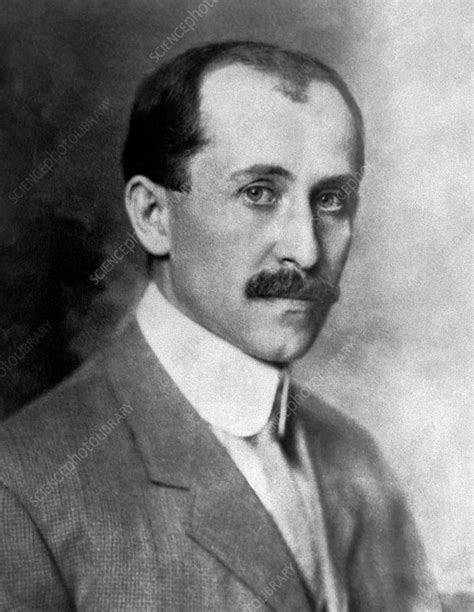A Quote by Daniel Mendelsohn
We are living in an era of such interesting new forms, and certainly narrative non-fiction has emerged as a major form. People who are great writers don't have to write novels anymore.
Related Quotes
I think like almost everything in evolution, the old forms persist. New forms come along - not always, of course; there are species and whole lineages that go extinct - but basically novels and plays, and so on, will continue to exist. Jokes, as the lowest-cost form of narrative, will certainly continue to exist. They're a bit like microbes in the biological world. They're low-cost and they're everywhere. They're the most successful form of life, even though they're not the ones we think about most.
I don't believe that fiction is dead. I know there are some people who believe that it's an outdated art form, and that to express truth today you need to work in different forms, to write books where it's perhaps not clear what's fiction and what's memoir. I have nothing against those books and love many of them very much. But we have enough space for everyone, traditional realists and hybrid writers, and experimental writers all.
In Pakistan, many of the young people read novels because in the novels, not just my novels but the novels of many other Pakistani writers, they encounter ideas, notions, ways of thinking about the world, thinking about their society that are different. And fiction functions in a countercultural way as it does in America and certainly as it did in the, you know, '60s.
In the end, of course, all novelists will be judged by their novels, but let's not forget that we will also need new ways of assessing the latter. There are people who will continue to write nineteenth-century novels in the early twenty-first, and even win major prizes for them, but that's not very interesting, intellectually or emotionally.
Evidently, there are many great American writers. But sometimes it can feel as though American fiction is dominated by relatively linear narrative form, with a heavy emphasis on psychological realism. If you limit yourself to a certain kind of American literary fiction, it's easy to forget about the different kinds of books that are being written. You can forget to be ambitious, both as a reader and a writer.
There is really no fiction or non-fiction; there is only narrative. One mode of perception has no greater claim on the truth than the other; that the distance has perhaps to do with distance - narrative distance - from the characters; it has to do with the kind of voice that is talking, but it certainly hasn't to do with the common distribution between fact and imagination.
Computer and video games represent one of the most important new media developments of this generation. Unlike many other forms of entertainment they offer players the opportunity to explore, be creative, learn through interaction and express themselves to others. It is vitally important that we protect and nurture this new art form so that it can reach its full potential. Like most new forms of artistic expression that have come before (music, novels, movies), the primary critics of video games are the people that do not play them.
If you start with the idea that you are going to be writing about a night in a graveyard, and that there are only a few living people in that frame, all sorts of interesting and difficult technical problems arise. And then form - new form, or experimental form - might be understood as just trying to tell that story most movingly and efficiently.



































